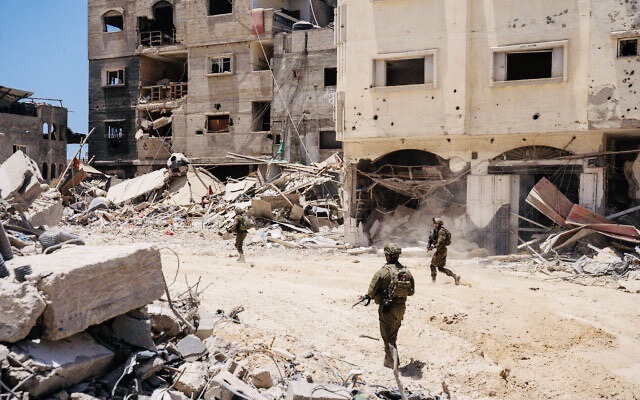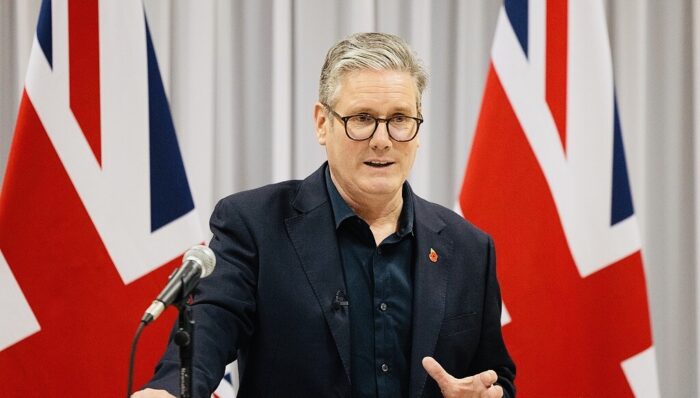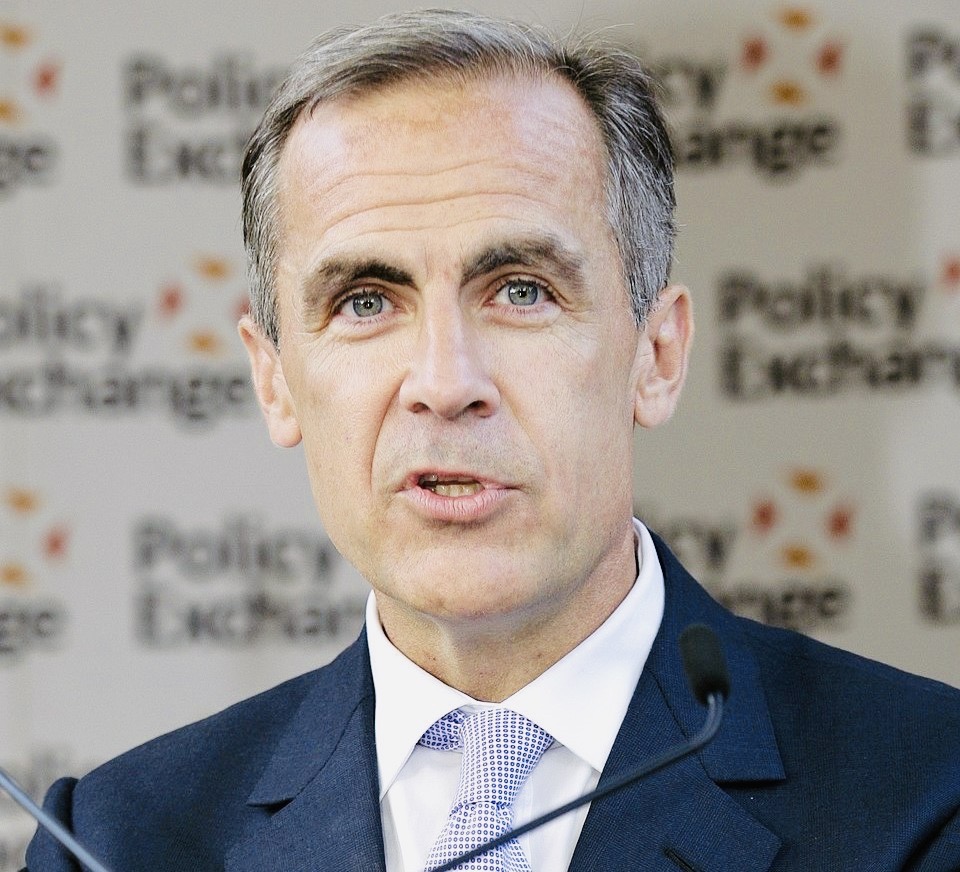A joint statement issued by Canada, Britain and France on May 19 regarding the ongoing Israel-Hamas war, the humanitarian crisis in the Gaza Strip, and Israel’s conflict with the Palestinians comes across as partially half-baked and in need of clarification.
Signed by Canadian Prime Minister Mark Carney, British Prime Minister Keir Starmer and French President Emmanuel Macron, it cites the high level of “human suffering” in Gaza and demands the end of Israeli military operations there. In passing, it denounces Hamas’ attack in Israel on October 7, 2023, which led to this protracted war.
The opening lines of the statement are indicative of its approach: “We strongly oppose the expansion of Israel’s military operations in Gaza. The level of human suffering in Gaza is intolerable. Yesterday’s announcement that Israel will allow a basic quantity of food into Gaza is wholly inadequate. We call on the Israeli Government to stop its military operations in Gaza and immediately allow humanitarian aid to enter Gaza. This must include engaging with the UN to ensure a return to delivery of aid in line with humanitarian principles. We call on Hamas to release immediately the remaining hostages they have so cruelly held since 7 October.”
The statement adds that Israel’s denial of “essential humanitarian assistance” to the Palestinian civilian population is “unacceptable and risks breaching international humanitarian law.”
While it condemns the “heinous attack” on Israel on October 7 and expresses support for Israel’s “right to defend Israelis against terrorism,” it denounces the “escalation” of Israel’s military campaign as “wholly disproportionate” and threatens “further concrete actions in response.”
It calls for an “immediate ceasefire” in Gaza, the release of all remaining hostages, and a “long-term political solution” to end “the agony of the hostages and their families,” alleviate the suffering of civilians in Gaza, end Hamas’ control of Gaza and “achieve a pathway to a two-state solution.”
Referencing Israel’s dispute with the Palestinians, it opposes “any attempt to expand settlements in the West Bank,” which are “illegal and undermine the viability of a Palestinian state and the security of both Israelis and Palestinians. We will not hesitate to take further action, including targeted sanctions.”
One can understand why this statement upset Prime Minister Benjamin Netanyahu. In his succinct reply, he said, “The war can end tomorrow if the remaining hostages are released, Hamas lays down its arms, its murderous leaders are exiled, and Gaza is demilitarized.”
The reasonable objectives he set out cannot be achieved unless Hamas is militarily defeated and can never govern Gaza again.
With this in mind, Israel should use all the means at its disposal to smash Hamas. Israel should not fight a war with its hands tied behind its back. Israel has every right to deploy “disproportionate force” if, as stated, the goal is the destruction of Hamas’ military and governing capabilities.

If Israel stops its current offensive and agrees to an immediate truce, as recommended by the three Western leaders, Hamas will regroup and continue to rule Gaza.
This would be completely unacceptable and demoralizing, and clearly, a victory for Hamas.
Surely Canada, Britain and France cannot endorse such a miserable outcome. Their demand for an immediate truce would be a gift on a silver platter to Hamas. And their threat to impose sanctions on Israel is unreasonable, given Israel’s obvious right to self-defence and security. In this connection, Starmer’s’ decision on May 20 to pause trade agreement talks with Israel is shameful.

Israel, bowing to international pressure, has ordered the immediate resumption of humanitarian supplies into Gaza after a two-month siege. Israel imposed its siege in March after ascertaining that Hamas and local criminal gangs had been replenishing its supplies by hijacking aid convoys.
The references in the statement to Israel’s settlement policy in the West Bank and a two-state solution, however, are sound and valid.
The gnawing Palestinian problem cannot be resolved if Israel continues to occupy the West Bank, expands the settlements there, and refuses to consider a two-state solution that ensures its security. The least Israel can do in the future, following Hamas’ defeat, is to chart a viable pathway to Palestinian statehood in the West Bank and Gaza.
Israel should not be an occupying power, nor should it stubbornly and to its detriment dismiss the possibility of a two-state solution.
This is elementary.
